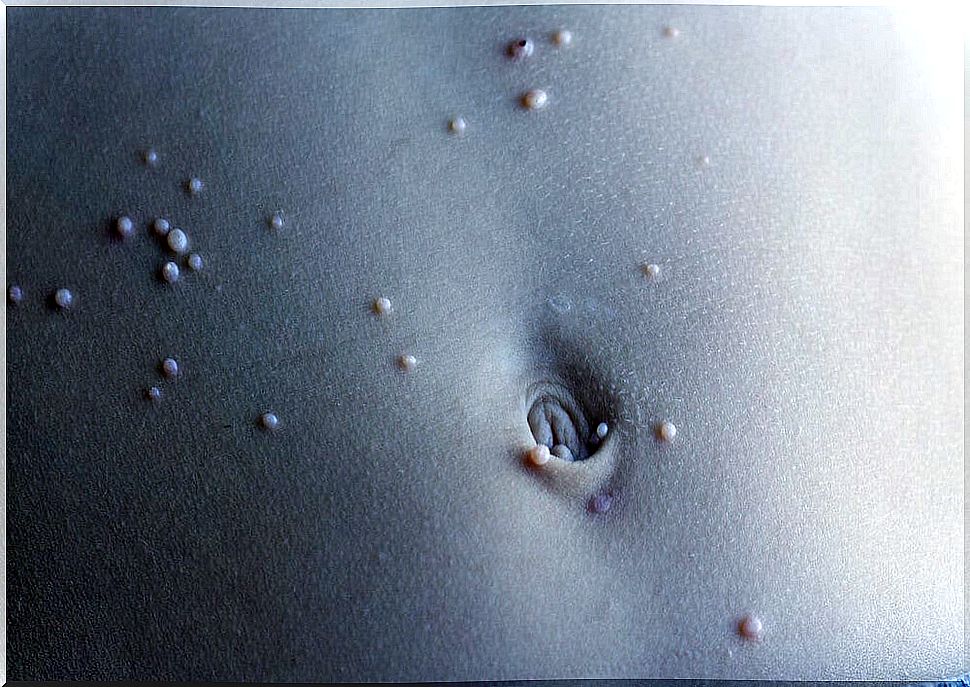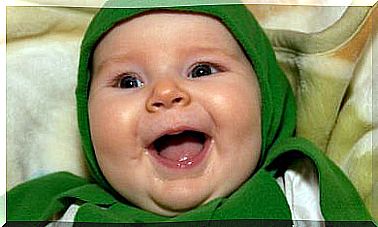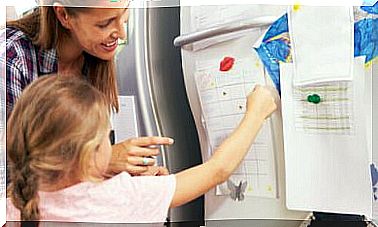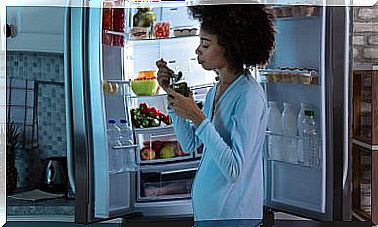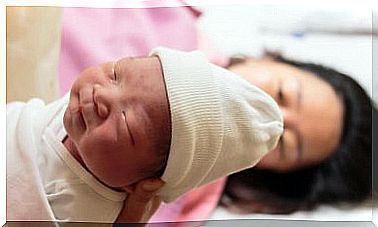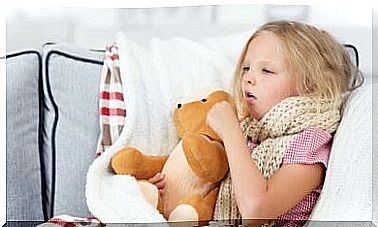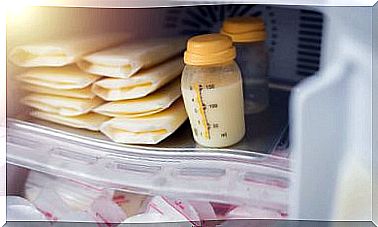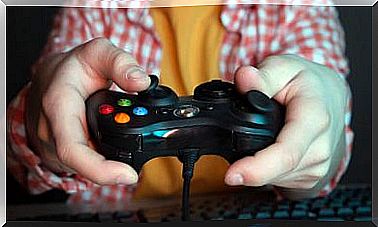Tips For Dealing With Poisoning In Children
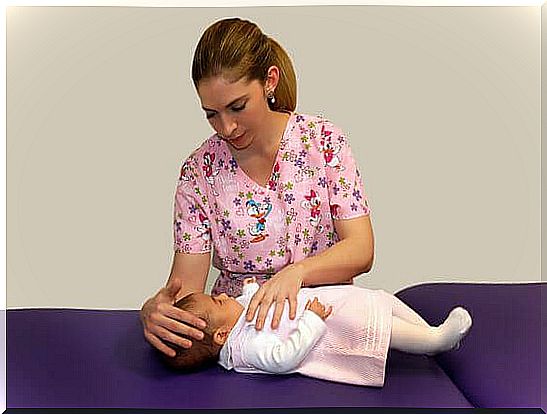
Acting quickly when children are poisoned is the main measure to avoid major problems, it is always preferable to prevent rather than regret. A child can become intoxicated with different products, where those of daily use and presence in most homes prevail.
Poisonings are almost always caused by the child’s curiosity, but are generally due to the recklessness of the parents when storing harmful products. In children under five years of age, poisoning with cleaning products is common, which can be ingested or can also be harmful only with contact with the skin.
According to data from the authorities in charge, more than 1,500 children are poisoned by chemicals used for cleaning each year. Chlorine is the product with the highest incidence in these cases, followed by disinfectant products.
For their part, drugs are responsible for half of the poisonings that occur annually. In this sense, medical emergencies due to poisoning in children, are mostly caused by the accidental consumption of drugs.
Cleaning product poisoning
In the event that a child consumes a cleaning product, it can be immediately noticed by the symptoms that occur. Chlorine being one of the main causes of intoxication, we must consider that its composition produces irritation in the mucous membranes of the mouth, then the esophagus and stomach.
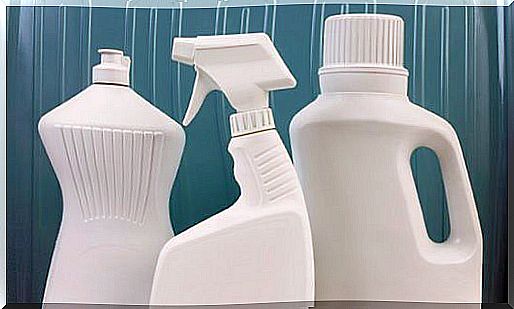
The main symptoms of poisoning by these products are.
- Sickness
- Diarrhea
- Vomiting
- Abdominal pain
- Drowsiness
- Heart rhythm disturbance
- Dry or abundant mucus in the mouth and eyes
- Confusion
- Lack of motor coordination
To a large extent, these poisonings tend to be rather benign, so it is easy to handle them ourselves at home. But it is necessary to follow basic recommendations, in any case it is always advisable to go to the expert review and of course, the best way to act is to prevent these episodes from happening.
Chlorine poisoning can also occur in case of excessive inhalation, according to scientific literature. However, the consequences of this situation are notably less than if the product is ingested.
How to act in case of poisoning?
If we know that the child has ingested chlorine or another cleaning product, it is advisable to wash their mouth and make sure that the item they consumed dissolves. For this, it is advisable to give water or milk to drink, in order to clean the digestive tract up to the stomach and dissolve the harmful substance.
The induction of vomiting should be avoided, especially since it is not advisable for the irritant to come back into contact with the already affected mucosa. Maintaining the administration of fluids and observing that the child does not have respiratory problems are the measures to follow.
In the case of poisonings caused by drugs, some things change, because everything will depend on the substance consumed and the amount of it. It can be spoken of poisoning by expired medicines, overdose or intolerance.
As in any other type of poisoning, it is necessary to know the type of substance consumed and establish the amount that may have been ingested. Similarly, it is very important to observe the child’s reaction; for example if there was a loss of consciousness, if you have already vomited or have breathing problems.
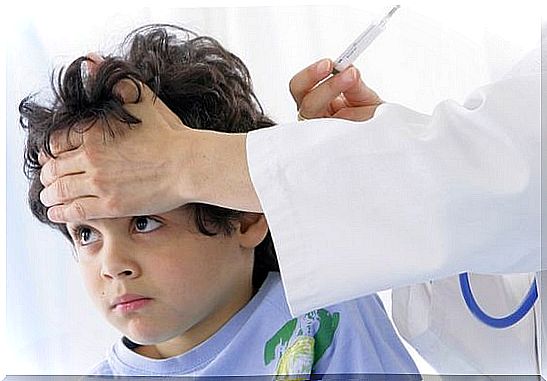
What we should do
- First of all, it is imperative to remain calm.
- If we notice that there has been fainting, there is cardiac or respiratory difficulty, it is advisable to call the emergency number immediately.
- Inhalation poisonings, skin or eye contact, the child can be treated with measures related to the situation. Rinsing with plenty of water or taking it to breathe, usually works well in these cases.
- If we have to go to a medical center, it is very important that we take with us the container of the product that caused the poisoning. It is also necessary to know exactly how it was poisoned, if it was ingested, inhaled or had contact with skin and mucous membranes.
- Some products are recommended to give the child to drink in these cases, such as ipecac syrup; however, it is advisable to avoid medicating it until a specialist has authorized it.
To keep in mind!
Remember that prevention is the most important thing, let’s avoid leaving products that may be poisonous within the reach of children. Nor is it advisable that we put hazardous substances in containers that do not correspond to them.
